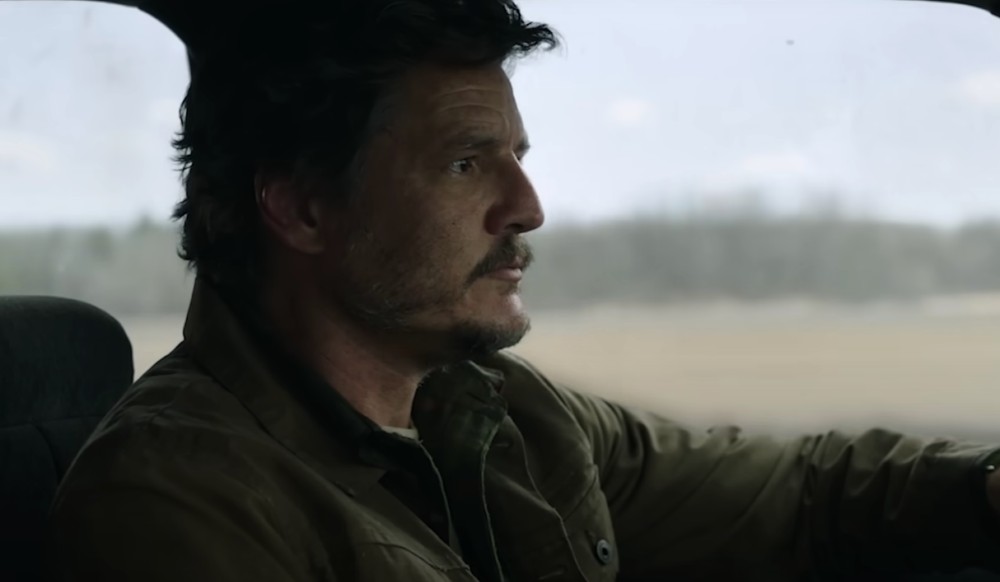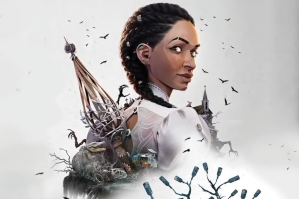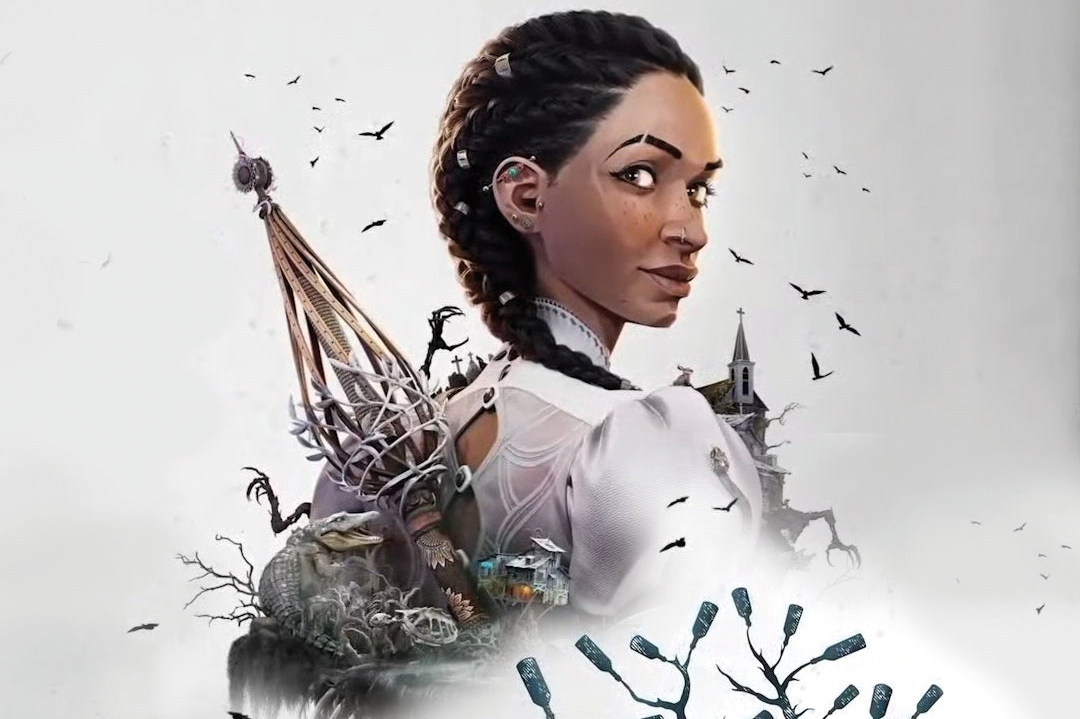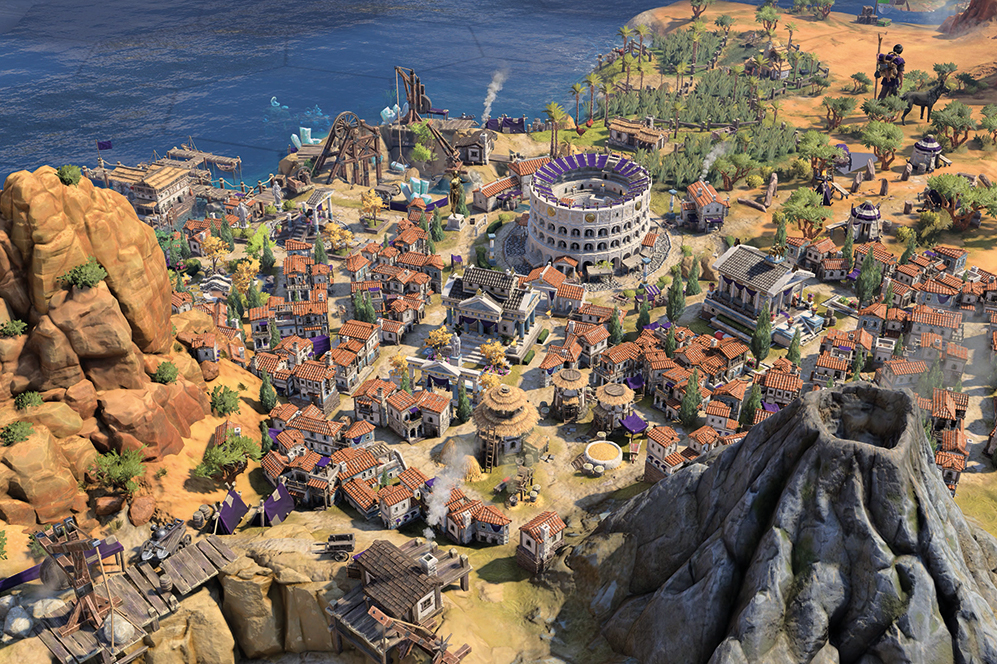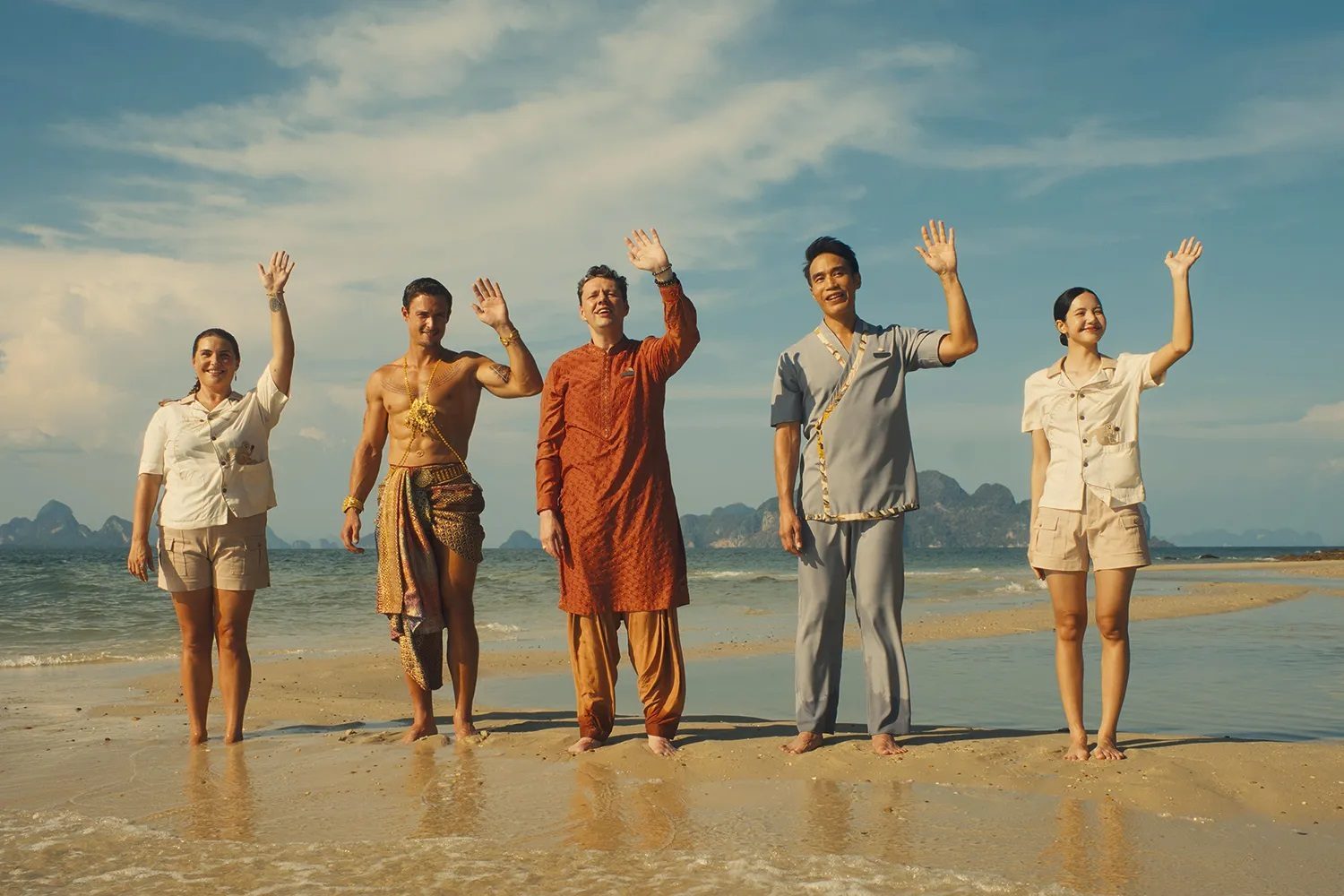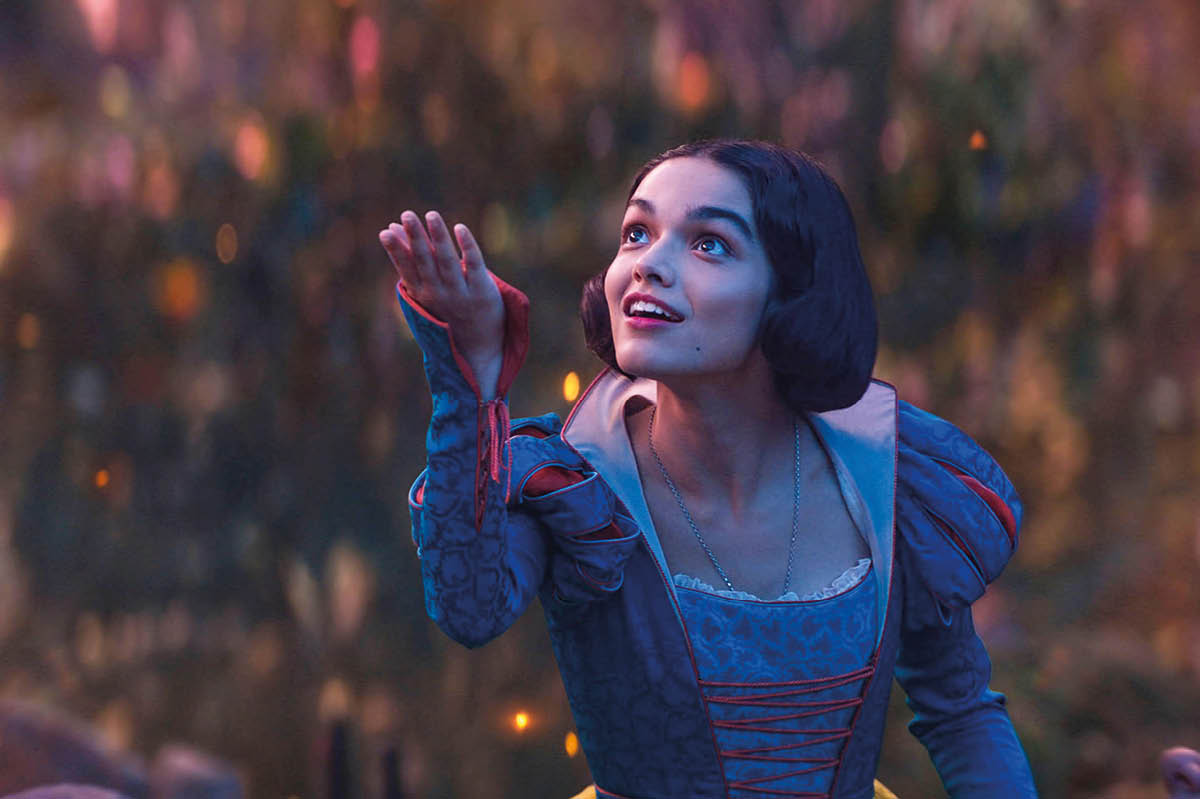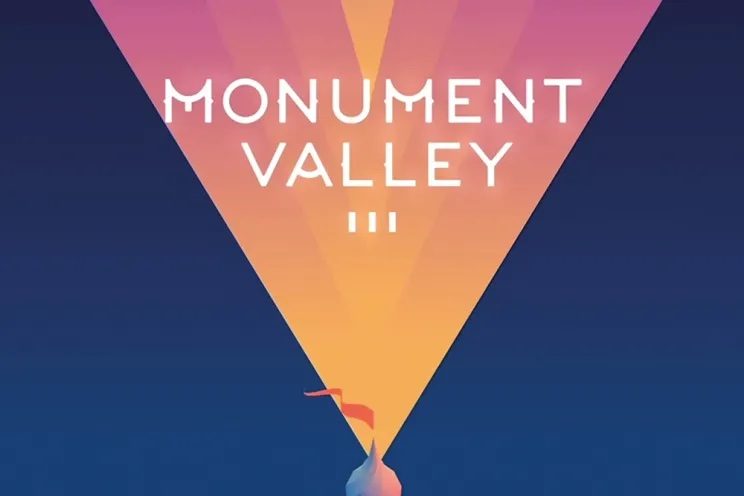The premiere of HBO’s The Last of Us may be remembered as the point when Hollywood’s approach to video game adaptations finally changed. In this, it’s as significant a creative development as Jon Favreau’s Iron Man was in creating a new formula for Marvel superhero movies.
For decades, moviemakers have struggled to create live-action films based on the intellectual property of video games. That’s been true even of franchises with recognizable characters that are culturally relevant and financially profitable. The movies they’ve churned out have been stupid and poorly designed, disappointing fans young and old with ham-handed versions of the characters they know and love.
The worst examples of this are also the most profitable. The messy movie version of Warcraft, directed by Duncan Jones (yes, the son of David Bowie who also directed the excellent Moon), is the most profitable video game adaptation to date, and it’s pulling in a 29 percent rating on Rotten Tomatoes.
Most of the precious little critical acclaim has been directed at movies that adopt the style and elements of video games rather than directly work with a game franchise itself, such as Wreck-It Ralph and Ready Player One. Studios have even seemed content to slap tenuous video game branding onto forgettable movies like The Rock’s Rampage, and just count their money. Movies like Uncharted — based on another video game franchise from Naughty Dog studios, which created The Last of Us — were ruined through obvious miscasting and limp versions of memorable in-game experiences. Uncharted was more cinematic without Tom Holland and Mark Wahlberg, who spent two hours together with absolutely no chemistry.
What The Last of Us does right is to treat the source material the same way that directors like Zack Snyder have treated graphic novels: use the gameplay and cutscenes of the original as a storyboard for your show. Players have been optimistic about this series ever since HBO made the choice to keep writer and creative director Neil Druckmann in the driver’s seat, and pair him with an experienced creator in Craig Mazin, whose Chernobyl miniseries was a masterclass in fear and paranoia amid an apocalyptic setting. The tonally perfect feature-length premiere also illustrates how an earlier attempt to make a film based on the game, which would have been produced by Sam Raimi, likely would have missed the serious tone, having to rush a compelling story arc that needs time to build emotional impact.
Critics compared this show to Game of Thrones and The Walking Dead, but this is lazy and wrong. Yes, it features two minor GOT actors among its stars, Pedro Pascal and Bella Ramsey, and it’s expensive and sprawling and dark. But this is really a small and intimate story told in the context of a crumbling world. It’s more like an entire season of GOT focused just on The Hound and Arya dodging death in the Riverlands.
And for those who are expecting the Infected to behave like The Walking Dead, prepare to be disappointed. While they may be similar in some respects, these monsters diverge significantly from the bloody-mouthed walkers. They can be terrifying — wait until you meet the Clickers — but many of the usual zombie tropes are absent from this fungal frightfest. Instead they have more in common with the creatures of Alex Garland’s Annihilation, seeking not to destroy but make something new. Their killing is incidental — it’s the humans who are more intentional about it.
That’s why The Last of Us franchise holds possibility even beyond this HBO show. Live-action series based on video games are absolutely possible: Hollywood just has to turn to games where the source material provides for compelling characters in a fascinating world. The material in Bethesda’s post-apocalyptic Fallout series, Rockstar’s Red Dead westerns, or, for a more ambitious project, Team Ico’s Shadow of the Colossus are all ripe for adaptation.
And even if they don’t come to pass, at least The Last of Us offers non-gamer viewers a story that will help them think of video games as something more than just Ugly Sonic.



